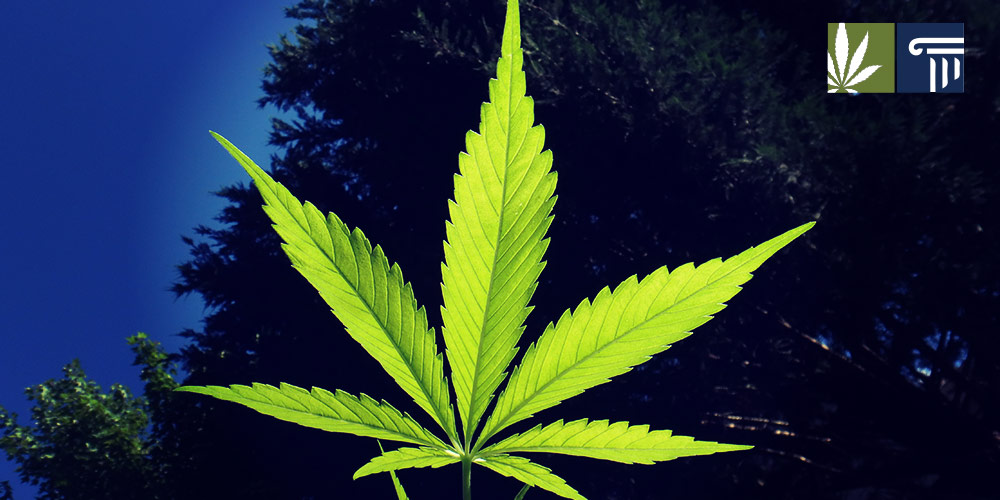A new law decriminalizing low-level possession of marijuana took effect in Hawaii on Jan 11, 2020.
Individuals found with three grams or less of cannabis will no longer face up to 30 days in jail, a $100 fine and a criminal record. Instead, such possession is now considered a non-criminal violation, liable to a $130 fine. The new law also establishes a process for those convicted of low-level marijuana possession offenses to have their records expunged.
The change follows passage of House Bill 1383 last July, that was neither vetoed nor signed into law by Gov. David Ige (D), who is skeptical of marijuana reform. The governor vetoed a separate bill last June that would allow medical cannabis patients to carry their prescribed medicine between islands, in spite of the fact that out-of-state patients can use medical marijuana dispensaries in Hawaii.
“Marijuana, including medical cannabis, remains illegal under federal law. Both the airspace and certain areas of water fall within the exclusive jurisdiction of the federal government,” Gov. Ige said in a press release at the time. “This bill may lead travelers, acting in reliance on this provision, to erroneously believe they are immune from federal prosecution.”
Around the same time, he vetoed a bill that would establish a licensing system for hemp growers.
“There are concerns that this bill creates a licensing structure that cannot be enforced, will not meet USDA requirements for an approved industrial hemp program, and creates practical problems in the enforcement of existing medical cannabis,” he said.
But while Ige described HB 1383 as a “very tough call,” and said he would have preferred if the proposed legislation had included provisions to help “young people who we would want to get into substance abuse or other kinds of programs to help them deal with drug use,” he ultimately decided not to intervene.
The bill did, however, include provisions to establish a marijuana evaluation task force that will assess Hawaii’s possession penalties and submit recommendations to lawmakers next year.
While a step in the right direction, one of the original bill’s cosponsors acknowledge its shortcomings, and that there is still much work to do.
“It’s important, but not because of the amount, because of the fact that anything passed,” said State Rep. Richard Creagan (D). “There (was) a lot of fear the governor would veto it and he let it pass without his signature… [W]e had to make it very minimal to get anything passed.”
Hawaii’s Police Chief said law enforcement operations will not be greatly affected by the new law, which only concerns three grams or less of cannabis, saying that police departments are not “going out looking for that amount of weed.”
“Amounts that small, we’d only find it incidentally,” he added.
Creagan said he hopes lawmakers will seek to build on decriminalization in the upcoming legislative session with more ambitious proposals, but fears that Gov. Ige would veto any further marijuana reform bill, given that he is not eligible for re-election in 2022.
“[Gov. Ige is] sort of a lame duck governor at this point. He can do whatever he wants (and) is not going to be very responsive to pressure,” he said. Hawaii’s new marijuana law follows recent decriminalization measures in New Mexico and North Dakota to become the 25th state, plus the District of Colombia, to have either decriminalized or legalized possession of marijuana. More states could soon pass decriminalization laws, with Virginia’s governor making calls for such a move in his State of the State address, and New Jersey’s governor urging lawmakers to pass such legislation “as soon as possible.”






